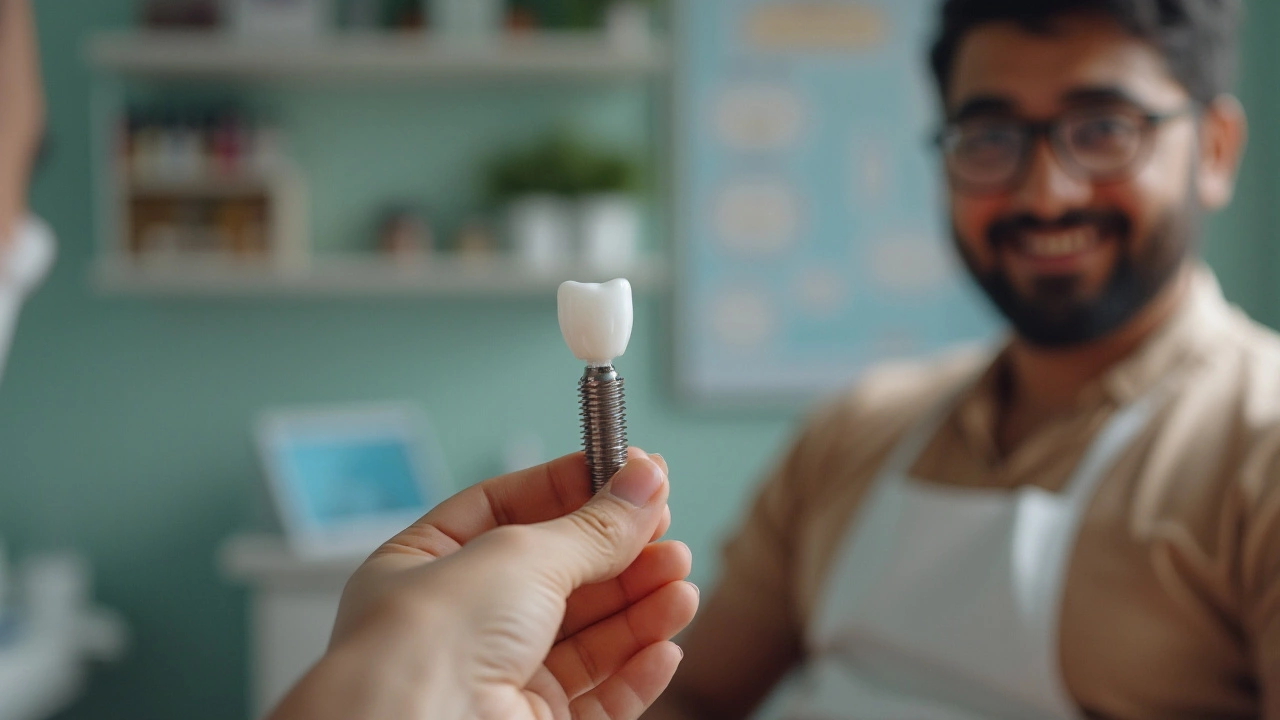Tooth Replacement: What You Need to Know
Lost a tooth and wondering how to fix it? You’re not alone. Millions in India face the same question every day. The good news is there are several solid ways to bring back a smile, chew comfortably, and avoid future problems. This guide breaks down the main options, what they cost, and how to care for them.
Popular Tooth Replacement Options
Dental implants are the most modern choice. A titanium post is surgically placed into the jawbone, then a crown sits on top. They feel like real teeth and don’t need to be removed for cleaning. In India, implant prices range from ₹15,000 to ₹45,000 per tooth, depending on the brand and clinic.
Dentures are removable plates that replace multiple missing teeth. Full dentures cover all teeth in an arch, while partials fill gaps. They’re the cheapest route, often under ₹10,000, but they can slip and need daily removal for cleaning.
Dental bridges use the neighboring teeth as anchors. A false tooth (or several) is attached to crowns placed on the adjacent gums. Bridges are quicker than implants and cost about ₹8,000‑₹20,000 per unit. They require the side teeth to be prepared, which means a bit of drilling.
Resin-bonded bridges, sometimes called Maryland bridges, use a thin metal or ceramic wing bonded to the back of the surrounding teeth. They’re less invasive and cheaper, but they may not last as long as traditional bridges.
How to Choose & What to Expect
First, talk to a dentist you trust. They’ll examine your bite, bone density, and overall oral health. If you have enough jawbone, implants often win on durability and comfort. If the bone is thin, a bone graft may be needed, adding extra cost and healing time.
If you want a quick, affordable fix and don’t mind taking the prosthetic out for cleaning, dentures are a solid pick. Just remember they need regular adjustments, especially after the first few weeks when gums settle.
Bridges work well when the teeth next to the gap are healthy and strong enough to hold crowns. They’re a good middle ground—more stable than dentures but cheaper than implants.
Regardless of the option, proper aftercare makes a huge difference. For implants, avoid hard foods for the first two weeks and keep the surgical site clean with a soft brush. Denture wearers should soak their plates overnight and rinse after meals. Bridge owners need to floss under the bridge regularly to keep hidden gum areas healthy.
Cost isn’t the only factor. Think about maintenance: implants need routine check‑ups, dentures may need relines, and bridges might need crown replacement after several years. Ask your dentist about long‑term fees before deciding.
Finally, don’t ignore the emotional side. A missing tooth can affect confidence, speech, and nutrition. Getting the right replacement improves quality of life, not just looks.
Bottom line: there’s a tooth replacement method for every budget and need. Talk to a qualified dentist, weigh the pros and cons, and pick the option that feels right for you. Your smile will thank you.






